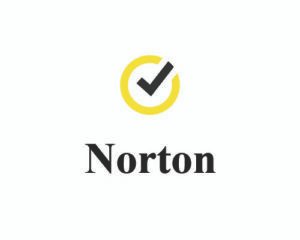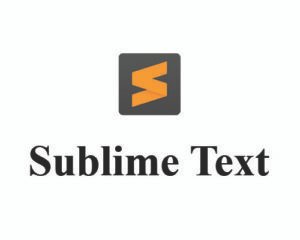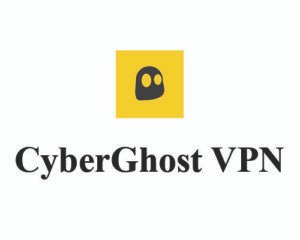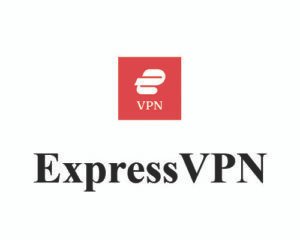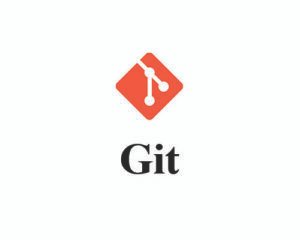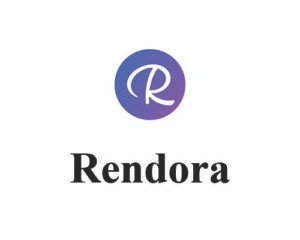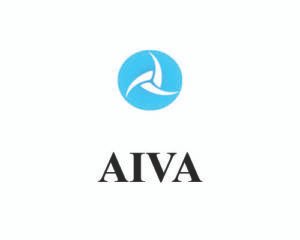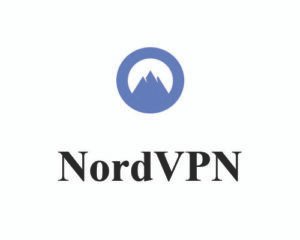Signal is a popular messaging app known for its strong focus on privacy and security. Here’s a comprehensive overview of what makes Signal stand out:
Features
End-to-End Encryption: All messages, voice calls, video calls, and file transfers are encrypted end-to-end. This means that only the sender and the recipient can access the contents of the communication.
Open Source: Signal’s code is open-source, which allows security experts to inspect the code and ensure there are no vulnerabilities or backdoors.
Cross-Platform Support: Signal is available on Android, iOS, Windows, macOS, and Linux, making it accessible across various devices.
Group Chats: Users can create group chats for up to 1000 members, where messages are encrypted and the group information is protected.
Voice and Video Calls: Signal offers secure voice and video calls, including group video calls for up to 40 participants.
Disappearing Messages: Users can set messages to disappear after a set period, which enhances privacy by automatically removing messages after they have been read.
Screen Security: Signal provides an option to prevent screenshots from being taken in the app, adding an extra layer of security to conversations.
Signal PIN: A feature that allows users to set up a PIN to help recover their profile, settings, and contacts if they lose access to their account or get a new device.
Registration Lock: Prevents others from registering your phone number on another device without your PIN, adding another layer of security to your account.
Privacy and Security
Minimal Data Collection: Signal only collects the user’s phone number and does not store metadata, such as who you communicate with or the time and frequency of your communications.
Independent Foundation: Signal is developed by the Signal Foundation, a nonprofit organization. It does not rely on ad revenue or sell user data, which helps ensure that user privacy is a priority.
No Ads or Trackers: Signal is ad-free and does not use trackers, enhancing user privacy by not collecting or sharing data with third parties.
Usage
Easy to Use: Signal offers a user-friendly interface that makes it easy for users to start secure conversations. Registration requires only a phone number.
Migration from Other Apps: Signal can import contacts from other messaging apps, making it easy to switch.
Criticisms and Limitations
Phone Number Requirement: Signal requires a phone number for registration, which some users view as a privacy concern.
Limited Customization: Compared to some other messaging apps, Signal offers fewer options for themes, stickers, and other customizations.
Dependence on Internet: Like most messaging apps, Signal requires an internet connection for all its features.
Overall, Signal is an excellent choice for users who prioritize security and privacy in their communications. It provides robust encryption and a suite of features designed to protect user data and enhance the overall security of digital communications.

